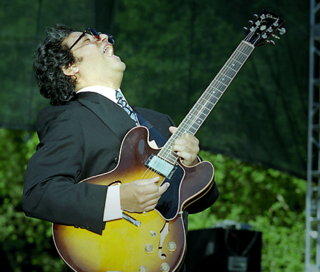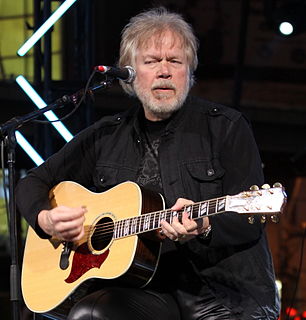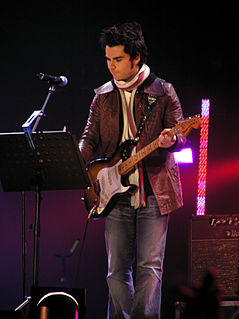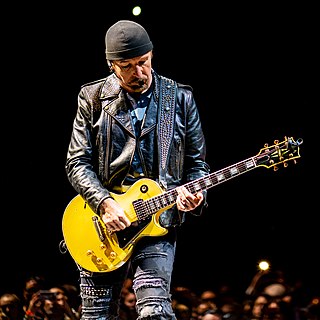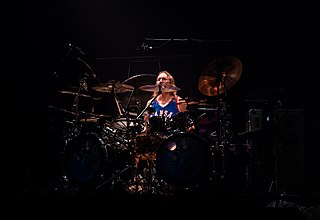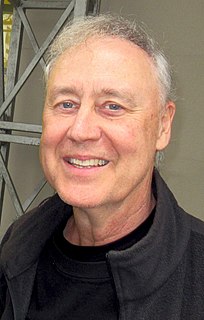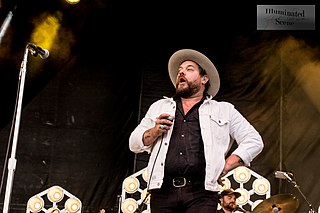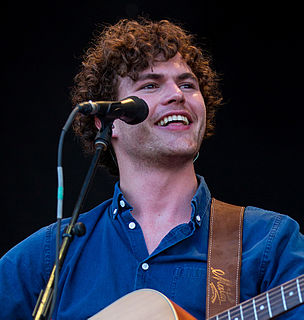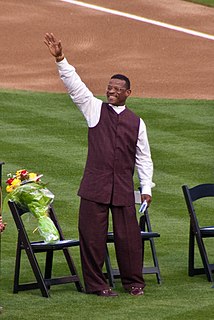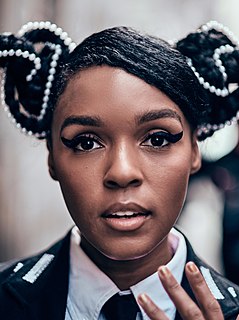A Quote by Talib Kweli
Related Quotes
I think that the most significant, guiding principle was that we wanted to return to a three-piece live form, whereas we became a four-piece for the last record because the songs had more extensive arrangements and we needed a keyboard player to pull off a lot of those songs. We missed the energy, and more push-and-pull of the three-piece.
I didn't really feel any pressure when I've made records, I haven't as yet anyway. I feel when I'm making a record that I'm so excited about making new songs that when I'm doing demos of new songs, as soon as I make one that's really different I get really excited about the record, I don't care about the last record anymore.
Starting a band is the easy part. Once you've formed the band, you have to tell a story, and that story requires songs. And not just good songs, but great songs. After a while, great songs won't do - they have to be the best. Success doesn't make it any easier. Each time I start a new record, it's a brand-new search.

